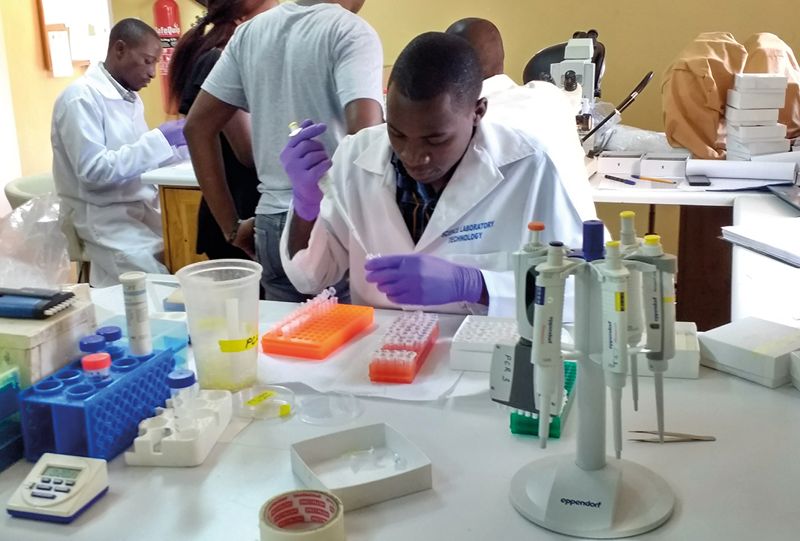Health researchers and workers use their training and the treatments available to them to prevent and treat illness. But they cannot bring their expertise to bear if they do not have the trust of the people that they are trying to treat.
This August, in the Democratic Republic of the Congo, communities in the midst of an Ebola outbreak continued traditional rural burial practices that include touching bodies, despite health workers’ advice on sanitary burials. Residents in the village of Manbangu burnt down a health centre and injured an Ebola health-care worker after one resident died of Ebola. Sometimes fear and misinformation drive even more violent behaviour: in a 2014 outbreak of the disease in Guinea, residents of the village of Womey killed a group of eight visiting health workers, journalists and government officials. Continue reading A matter of trust
